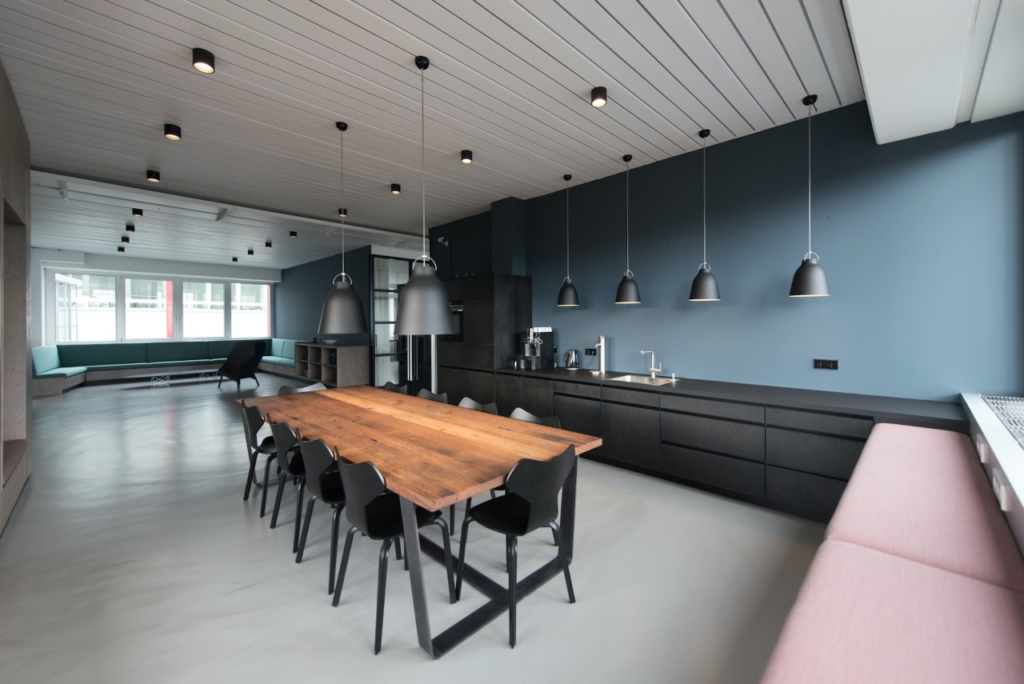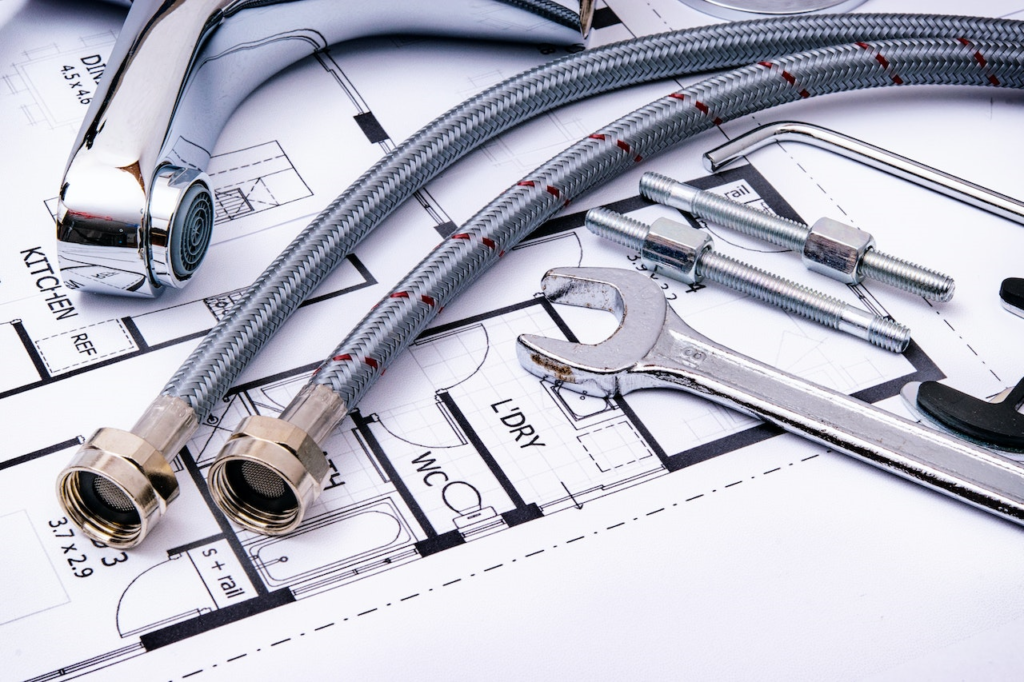Keeping a plumbing system in excellent working condition is important for any business. Whether you’re running a bustling restaurant, a manufacturing facility, or an office building, neglecting proper maintenance can turn the plumbing system into a significant source of risk.
Let’s take a closer look at five essential plumbing safety procedures and provide valuable tips to minimize the potential for workplace accidents.
Invest in proper personal protective equipment (PPE)
When working on plumbing projects, wearing the appropriate Personal Protective Equipment (PPE) is crucial due to various potential risks, including chemical splashes and flying debris. Safety goggles protect the eyes from dirt, debris, and hazardous substances while providing clear vision.
For added safety, opt for goggles with powerful anti-fog features. Sturdy gloves, made of durable material, offer protection not only from corrosive substances and sharp objects but also from potential cuts and abrasions.
On top of that, they should fit snugly to maintain dexterity. Slip-resistant shoes are more than just a precaution; they are your reliable allies in navigating wet or slippery environments, preventing accidents that could disrupt your work.
Earmuffs or earplugs are essential in noisy conditions, such as when operating loud machinery, to prevent long-term hearing damage; it’s advisable to choose hearing protection that offers comfort during extended use, enhancing safety and concentration.
Shut off the water supply
A fundamental safety measure is ensuring that the water supply is turned off before commencing any plumbing work. This seemingly simple step is very important. Uncontrolled water flow can potentially damage your property, including wall paints, woodwork, and even the foundation.
Additionally, it can lead to unexpected and costly repairs. Mould growth, facilitated by excess moisture, can pose long-term health risks for both employees and residents. This underscores the importance of being vigilant about turning off the water source.
Unexpected water surges can lead to slips or serious accidents, particularly when power tools are in use, which emphasizes the necessity of adhering to this basic precaution.
Furthermore, the interaction of plumbing work with electrical systems can result in electrical hazards and fires, which only further highlights the importance of shutting off the water source to create a safe working environment for everyone involved.
Deal with clogged drains and leaky plumbing

Clogged drains are one of the most common plumbing issues but they come with their unique risks. While chemical drain cleaners might be a quick solution, they can be highly corrosive and pose risks if inhaled or splashed onto the skin, which is why most businesses will use a company that offers a service to deal with them, whether they have a blocked drain wellington or somewhere else. With that said, some prefer to attempt to clear them themselves using chemicals as mentioned.
When handling these chemicals, wear protective clothing and ensure proper ventilation; consider using masks with appropriate filters to prevent inhalation of harmful fumes. Attempting to clear a blockage with excessive force or the wrong tools can not only damage the piping system but also result in costly repairs and extended business disruptions.
To ensure safety and effectiveness, approach the problem methodically with the right tools and techniques; investing in specialized drain-clearing equipment, like drain snakes, can help mitigate these risks.
The most experienced specialists in clearing blocked drains always use modern technology and equipment while wearing proper PPE to ensure not only safety but also efficient problem resolution.
Don’t overlook electrical systems
Plumbing and electrical systems often intersect in modern buildings with integrated sensors, thermostats, and automation systems. When working near significant power sources, always ensure they are turned off.
Using a voltage tester adds an extra layer of safety by confirming no residual current is flowing through cables before handling them. Companies such as Dan’s Plumbing, can offer a combination of expertise, awareness, and caution. This ensures plumbing tasks can be completed without compromising electrical systems or safety.
Additionally, consider working with qualified electricians when necessary, especially when dealing with complex integrated systems. They can provide valuable insights and collaborate on projects that require both plumbing and electrical expertise, ensuring the highest standards of safety and functionality.
Handle tools with care and keep them in good condition
A plumber’s toolbox contains a wide array of tools designed for forceful, precise, or complex tasks. Regardless of their intended use, every tool must be handled with care. Plumbers should thoroughly understand the use and safety precautions for each tool before starting a project, including how to properly clean and maintain them.
This not only enhances task efficiency but also reduces potential risks. For example, a misplaced wrench or improper handling of a pipe cutter can lead to strain, increasing the risk of slips and injuries. Poorly stored tools can become tripping hazards and result in accidents.
Poorly maintained tools will malfunction sooner or later, endangering the operator and affecting work efficiency. Therefore, staff should receive ongoing training and stay updated on cutting-edge equipment and technology. Proper tool management involves more than just maintenance; it also entails knowing how to use them safely and effectively in accordance with the manufacturer’s instructions and highest industry standards.
In conclusion, addressing plumbing challenges requires more than technical expertise; it demands a conscientious commitment to safety measures. Understanding and implementing these safety procedures ensure that every plumbing task remains productive and accident-free.
The line between a routine task and a potential hazard is often razor-thin. Ultimately, a qualified plumber must not only solve problems but do so while maintaining a strict dedication to safety, safeguarding both the workforce and the integrity of the building infrastructure.
By Mike Johnston

